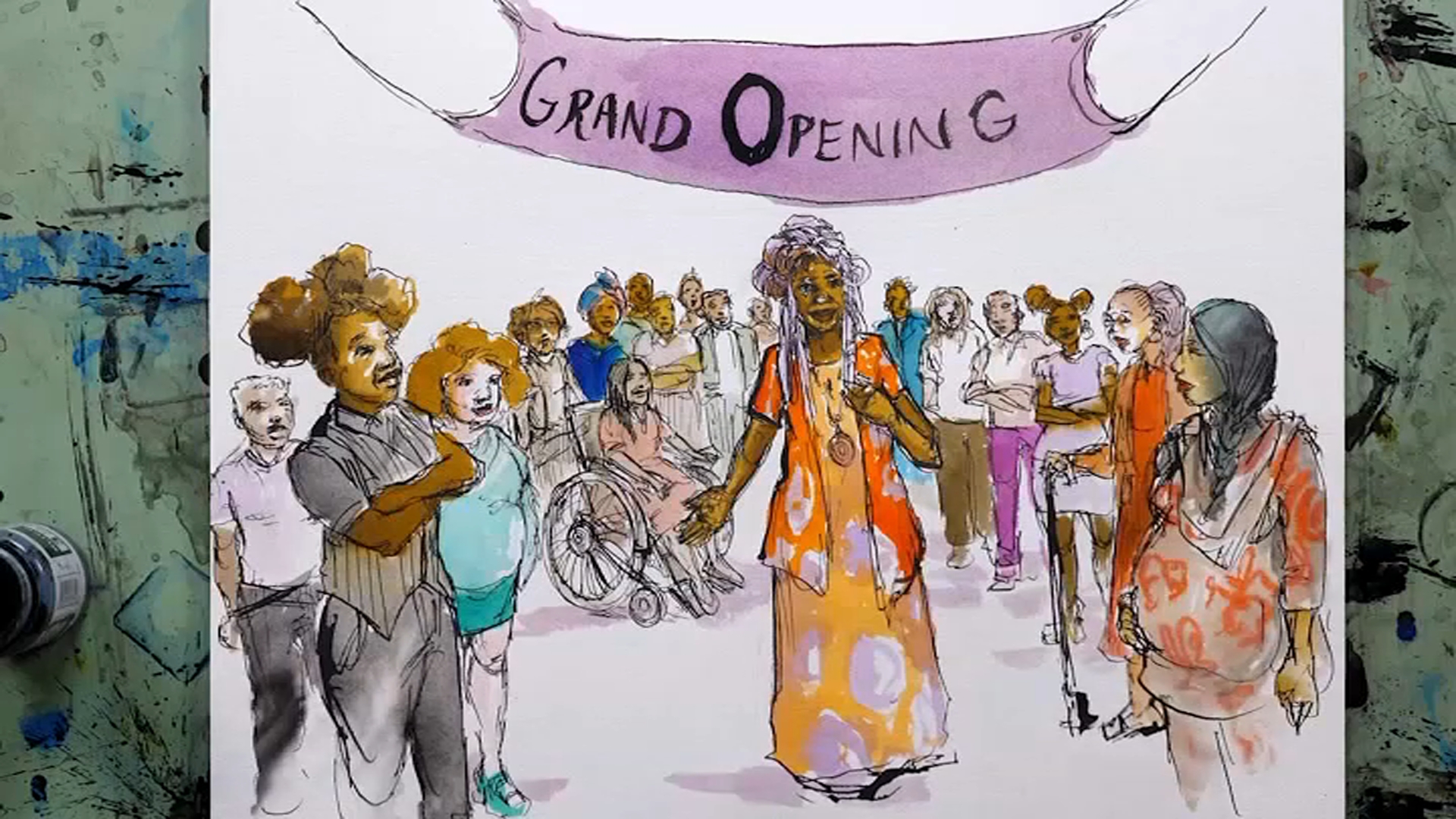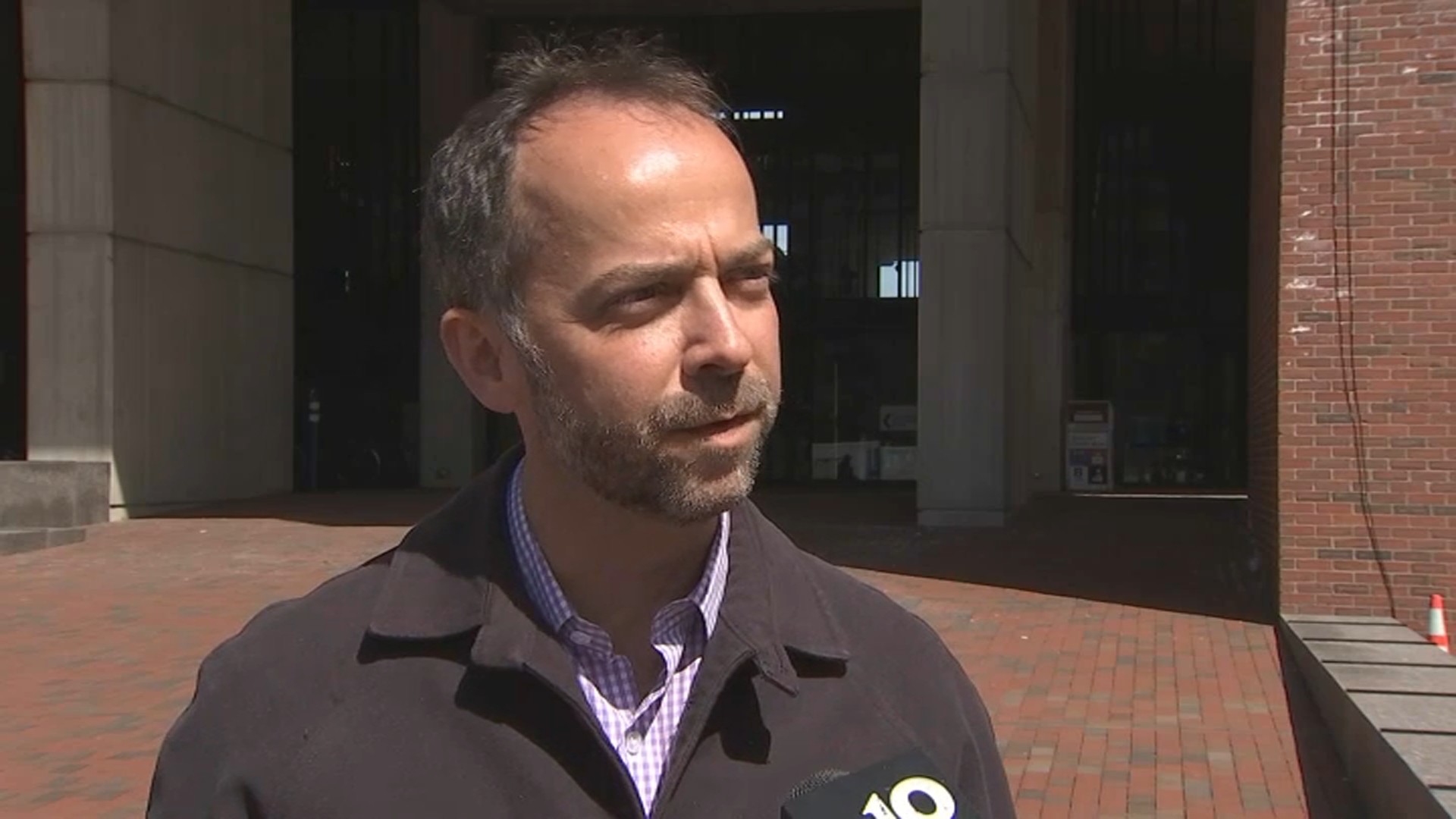Massachusetts Gov. Charlie Baker spoke out for the first time Wednesday about a November ballot question that would mandate strict nurse-to-patient ratios, saying he plans to vote against the proposal.
The Massachusetts Health Policy Commission, responsible for monitoring the delivery of health care and hospital spending in the state, estimated passage of Question 1 would force hospitals to hire as many as 3,100 additional full-time registered nurses to meet the required staffing levels at an annual cost of between $676 million and $949 million.
"I read the report over the weekend, and based on the results of that report, I'm going to vote no on Question 1," Baker said. "I'm going to vote no because the Health Policy Commission report raised three issues that I was frankly not aware of."
"The first was that Massachusetts has a higher nurse-to-patient staffing ratio already than the state of California does," he said. "The second was that implementing the law would cost $900 million. And the third was something I had heard from many of my colleagues in the community healthcare space - that many community hospitals and some nursing homes and even some rehab hospitals would have their operational future put in jeopardy if that law were to pass. Many of these community hospitals are critical care access providers in their districts."
The Health Policy Commission's analysis found that smaller, community hospitals and those that treat a disproportionately high number of Medicaid patients would be most heavily affected, as they likely would have to increase nursing staff by 20 to 30 percent, as opposed to larger teaching hospitals that would face 12- to 18 percent staff increases.
The cost estimates were conservative, the report said, because researchers lacked sufficient data to evaluate the potential impact of the ballot question on emergency rooms, on costs the state would incur in implementing the law or on the amount of potential fines hospitals might pay for non-compliance.
The commission took no official stance for or against passage of Question 1, but the study "raises significant questions about the impacts of these ratios on health care costs and spending," Stuart Altman, the panel's chairman, said in a statement.
Massachusetts
The latest news from around the state
The analysis did point to some possible savings of up to $47 million if the increased staffing were to result in shorter hospital stays or fewer "adverse events."
Even before release of the study, backers of the ballot initiative had been critical of the agency for taking the unusual step of wading into a public policy debate before voters, and accused it of siding with hospitals that oppose the question.
Julie Pinkham, executive director of the Massachusetts Nurses Association, told reporters the organization was not consulted during preparation of the analysis and did not receive a copy of it in advance.
While not challenging the estimated number of additional nurses that would be required, Pinkham described as "bloated" other cost estimates in the report.
"That is unadulterated pork being put in there," she said, singling out the agency's suggestion that competition among hospitals to hire nurses would drive up wages.
"To suggest that we are potentially going to see a 4 to 6 percent wage increase for every nurse... as a result of implementing safe limits is a lovely dream world, but not reality," Pinkham said.
Supporters of the initiative contend its passage by voters would dramatically improve patient safety.
Massachusetts currently mandates nurse-to-patient ratios in intensive care units but otherwise requires only that staffing be "appropriate for patient care."
The only U.S. state with mandated staffing levels across hospital units is California as the result of a 1999 law, fully implemented in 2004.



